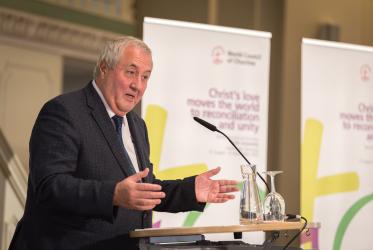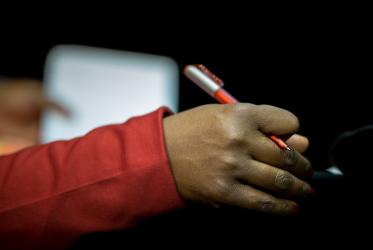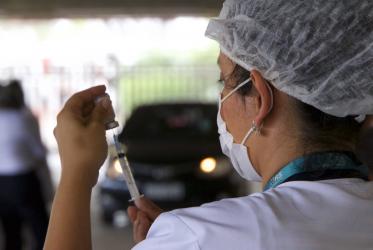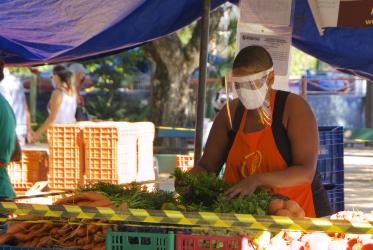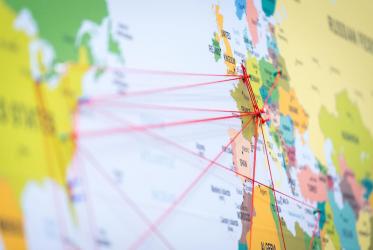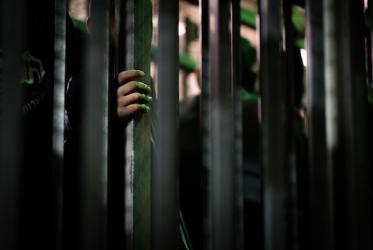Displaying 1 - 20 of 62
“Gathering in Grief” mourns Rev. Phumzile Mabizela
07 July 2021
Healing Together
A Facilitator’s Resource for Ecumenical Faith and Community-Based Counselling
15 October 2020
Freedom of religion rooted in justice
06 March 2020
Fr Alexi - a peacemaker in Syria
21 December 2018
A moment in ‘Time’: an interreligious vision in Erlangen
20 December 2018



